Caste-Based Politics in India:
Caste-based politics in India has been a prevailing phenomenon, deeply rooted in the country’s socio-political fabric. For centuries, caste divisions have played a significant role in shaping power dynamics and electoral outcomes. This article explores the intricacies of caste-based politics in India, its historical background, and the impact it has on the nation’s democracy.
Historical Context:
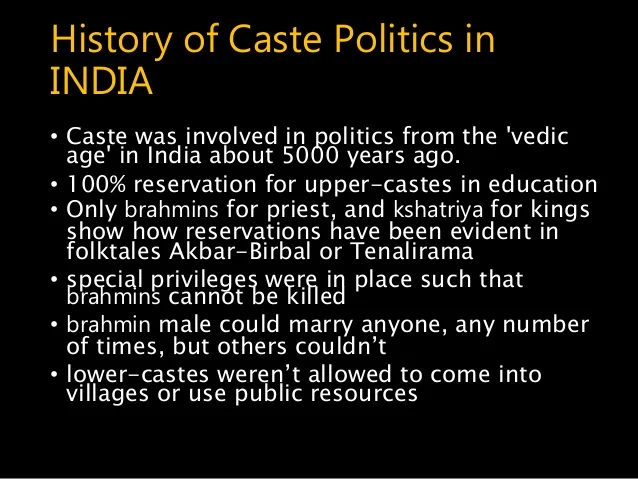
Caste-based politics in India traces its origins to the ancient social system known as the caste system. This hierarchical system classified individuals into different castes based on their birth, with limited opportunities for social mobility. Political parties and leaders have historically exploited caste divisions to gain support and consolidate power. The British colonial rule further institutionalized the caste system by using it as a tool for governance and creating divisions among communities.
Electoral Dynamics:
In Indian elections, caste considerations often take precedence over other issues such as governance and development. Political parties have recognized the potential of caste-based vote banks and have tailored their policies, campaigns, and alliances accordingly. Caste-based reservations and quotas in education and employment have also played a crucial role in mobilizing support from specific castes.
Identity Politics:
Caste-based politics thrives on the concept of identity politics, where caste becomes a primary marker of individual and community identity. Political parties cater to specific caste groups by promising to protect their interests and address their grievances. This creates a fragmented political landscape, where parties focus on mobilizing specific caste groups rather than promoting inclusive policies that benefit all citizens.
Social Fragmentation:
While caste-based politics may provide short-term benefits for certain communities, it exacerbates social fragmentation and perpetuates divisions among different castes. It hampers the growth of a unified national identity and impedes the progress of marginalized communities. Caste-based violence and discrimination continue to be prevalent issues in many parts of India, as political parties exploit caste fault lines for their own gains.
Democracy at Stake:
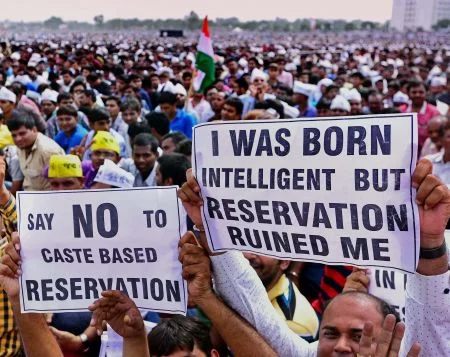
Caste-based politics poses significant challenges to India’s democracy. It undermines the principles of equality, social justice, and meritocracy. When political power is distributed based on caste considerations rather than competence and merit, it weakens the foundations of a robust democratic system. Moreover, the emphasis on caste-based voting often sidelines important policy debates and impedes the development agenda of the nation.
The Way Forward:
To address the challenges posed by caste-based politics, India needs to move towards an inclusive democracy that transcends caste divisions. This can be achieved through proactive measures such as promoting education and economic opportunities for marginalized communities, strengthening grassroots democracy, and encouraging inter-caste marriages to foster social integration. Political parties must prioritize governance, development, and the welfare of all citizens, irrespective of their caste.
Caste-based politics in India has deeply influenced the country’s socio-political landscape, perpetuating divisions and hindering the path towards a more inclusive democracy. While the historical context provides insights into its origins, it is crucial for India to prioritize social cohesion and build a unified national identity. By focusing on policies that address the needs of all citizens and promoting inclusive governance, India can pave the way for a more harmonious and equitable society, moving beyond the constraints of caste-based politics.
Read Also: Corruption in Indian Politics
![]()

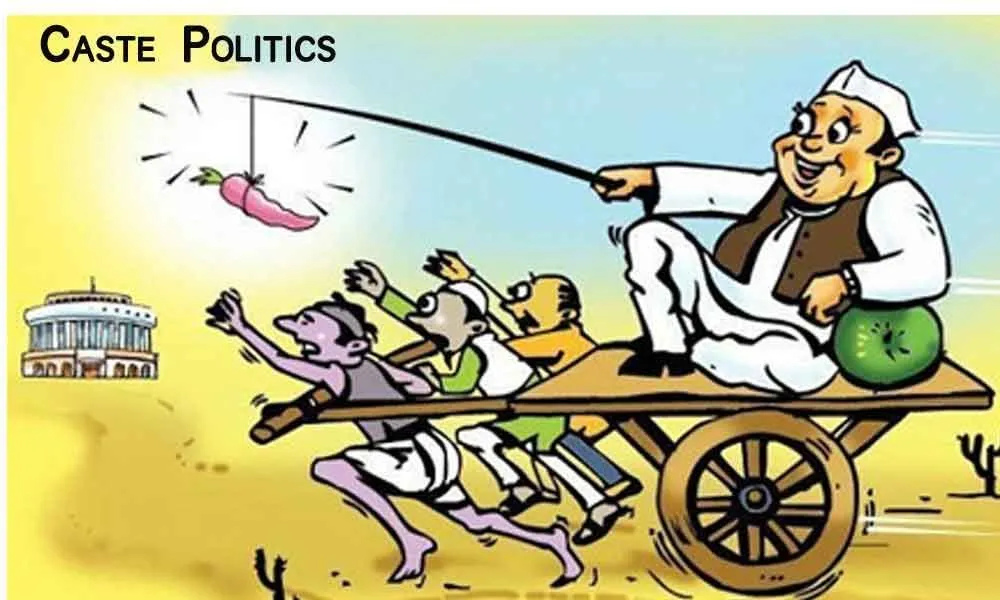
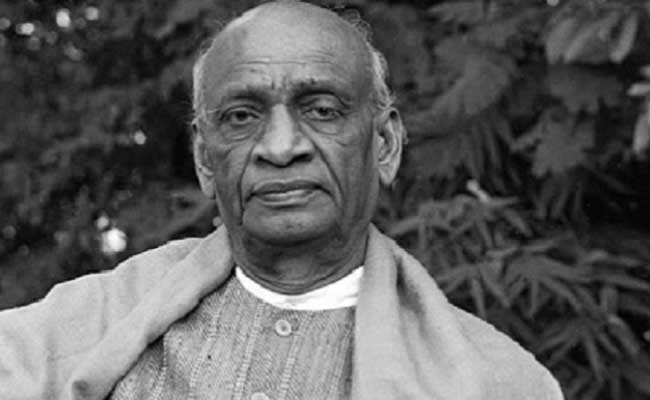


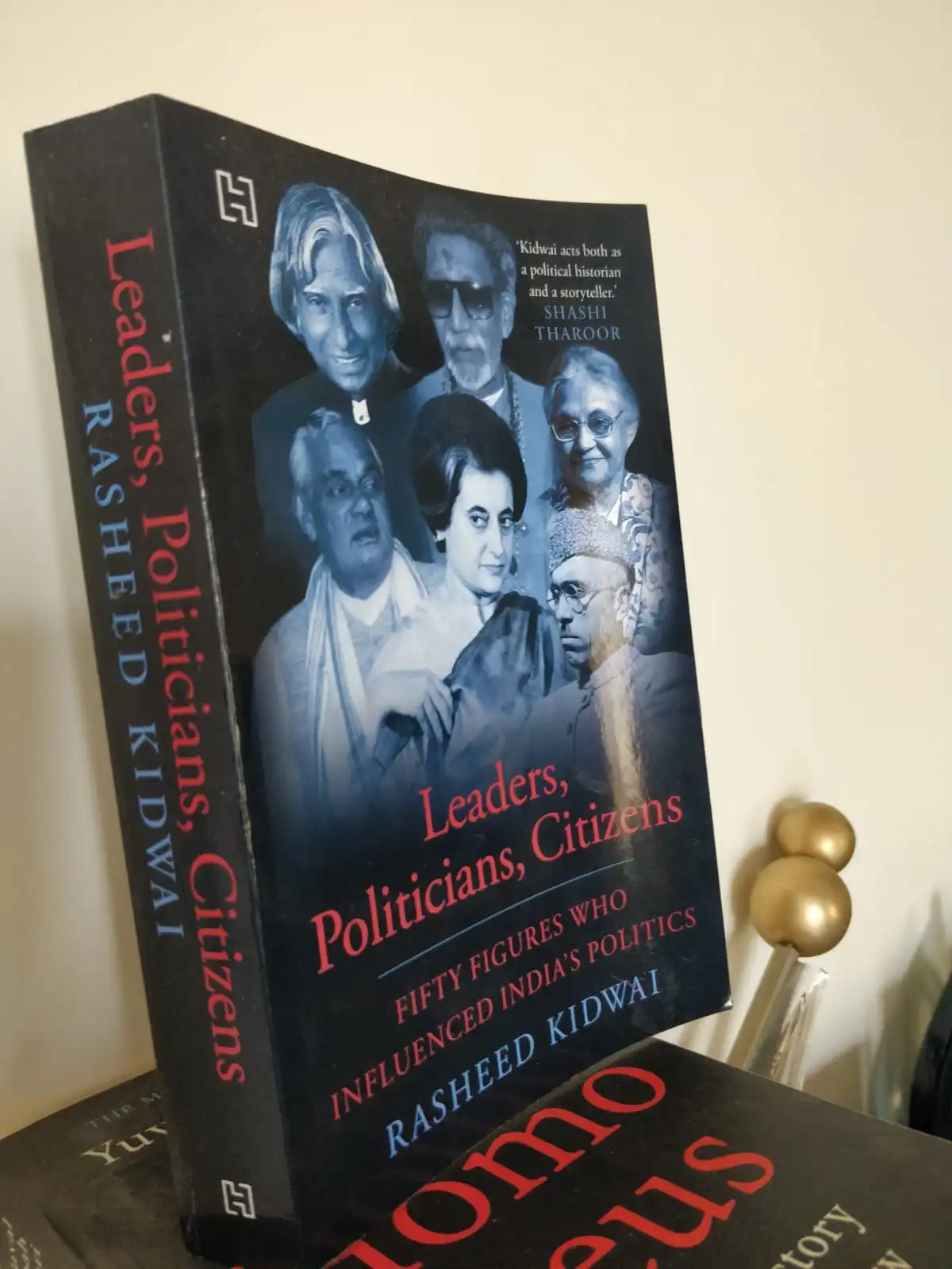
One thought on “Caste-Based Politics in India”